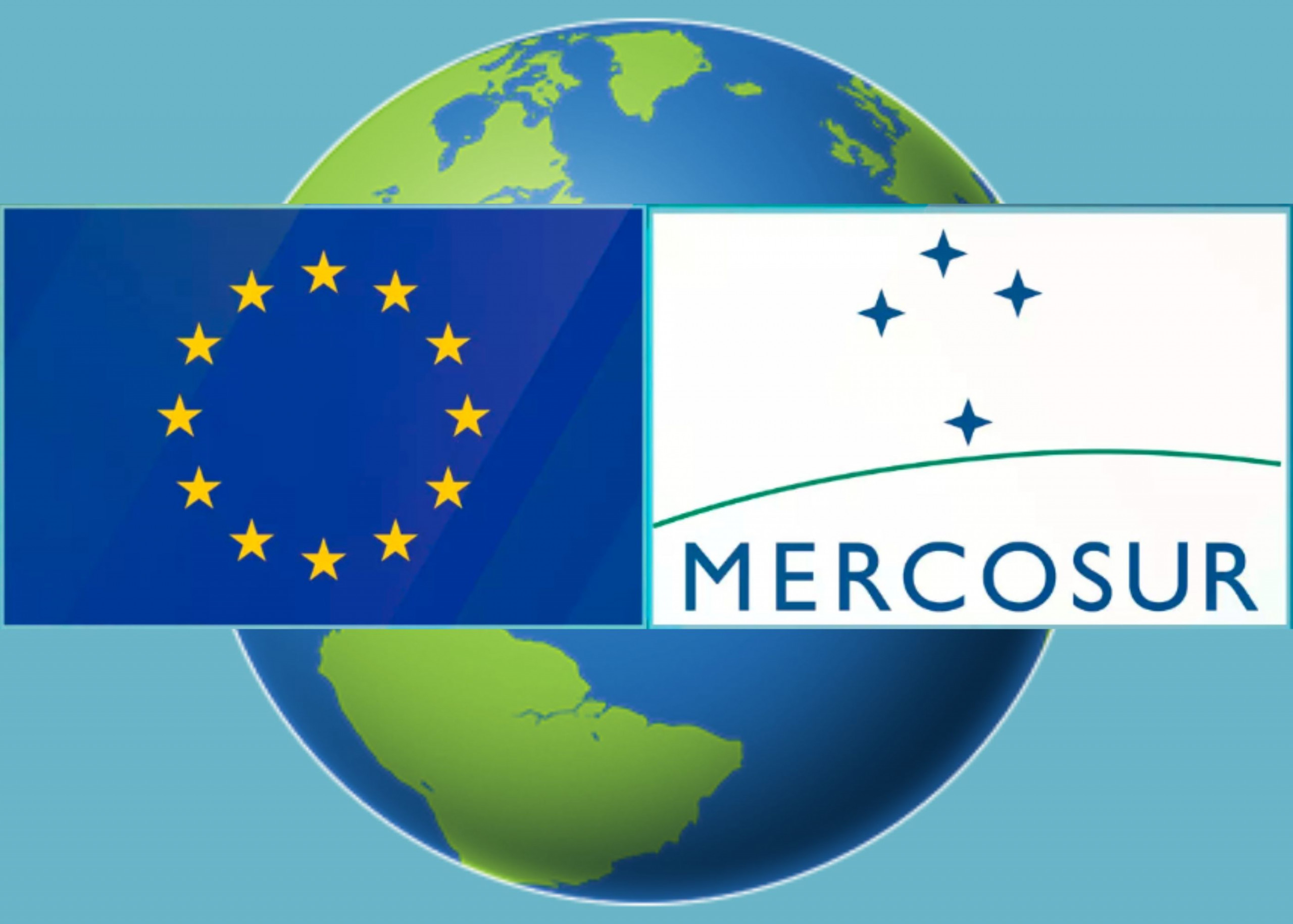News in brief:
– The EU-Mercosur trade agreement aims to boost growth, jobs, and sustainability by increasing trade, lowering barriers, and promoting environmental protection.
– While it offers economic opportunities for Mercosur farmers, it raises concerns about increased competition for EU producers and potential environmental impacts, including deforestation.
On December 6 2024, the European Union entered into a trade agreement with four South American countries; Argentina, Brazil, Paraguay and Uruguay. Known as the EU-Mercursor deal, both parties aim to create opportunities for growth, jobs and sustainable development for their economies.
In a statement released by the European Commission, the goals include increasing bilateral trade and investment. The months that follow could see them lower tariff and non-tariff trade barriers as well as improve rules around intellectual property rights, food safety standards, competition and good regulatory practices. In addition, they would work to promote sustainable development through better worker’s rights, combating climate change, increasing environmental protection, and encouraging social responsibility among mega-corporations.
The marriage makes sense because barriers have restricted market access. For Mercosur countries, known for their vast agricultural output, the deal opens opportunities to export more products like beef, soybeans, and sugar to the EU.
Although this enhanced access to the EU’s lucrative market could boost revenues for Mercosur’s farmers and agribusinesses, EU agricultural producers may face heightened competition from Mercosur exports, potentially putting pressure on European farmers, especially in sensitive sectors like livestock and sugar.
On the other hand, while it can encourage increased investment in sustainable farming practices to meet the EU’s stringent food safety and environmental standards, rural farmers may lose to bigger companies that can meet the rules in less time.
Globally, the EU-Mercosur agreement is likely to influence agricultural trade dynamics beyond the two regions. By boosting agricultural exports from Mercosur, the deal could challenge traditional suppliers to the EU, such as the United States and Australia, particularly in commodities like beef and soy. African countries like Nigeria (cocoa), Ivory Coast (cocoa), and Tunisia (olive oil) may also see their rising agrifood earnings from the region diminish.
Some critics fear that increased agricultural exports to the EU might incentivise deforestation in the Amazon and other sensitive ecosystems, undermining climate goals. Even the inclusion of a special focus on sustainability is not enough to allay those fears.



